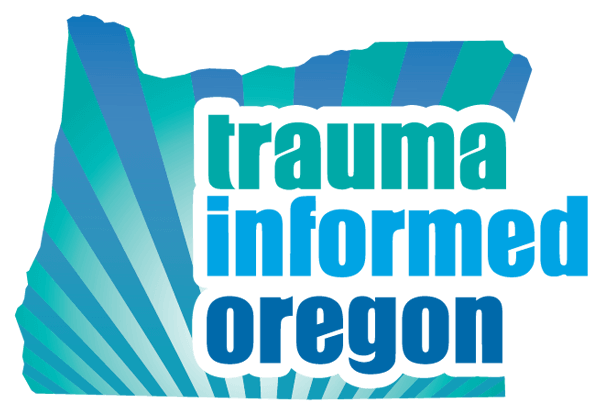Foundations of Trauma Informed Care Videos
Welcome to our free, online, Asynchronous Offering of the Foundations of TIC material. We encourage learners to choose their own adventure and engage with this content however it feels right. The videos cover what we consider to be foundational topics of trauma informed care and were intentionally designed to be short in length in hopes this format may cater to all types of schedules. Accompanying the videos is a 15-page workbook with thought-provoking questions to aid in the reflection and application of the information. Follow along independently or engage a larger group and use the workbook questions to facilitate dialogue.
Trauma Toxic Stress
Video Description
Here we define trauma and broaden our lens further to include concepts like toxic stress and collective, historical, and intergenerational trauma. We even include terms like recovery and resilience. In expanding our shared understanding, we aim to create a strong basis of knowledge that we can grow from together.Introduction to Trauma Informed Care
Video Description
In this subsection on Trauma Informed Care (TIC), we unpack what TIC is and what it is not. We also spend some time with the six principles of TIC.Example of Principles Applied
Video Description
In this video, a creative approach is used to provide an example of how the principles of trauma informed care can be applied.The Science, Part 1
Video Description
In this video, we begin the lessons on the Science of Trauma. There is a lot of information that makes up this topic matter, so it will be divided into a few videos. We start with a focus on neurobiology, discuss Dr. Daniel Siegel’s Hand Model of the Brain, and the power of neuroplasticity.The Science, Part 2
Video Description
In this video, we continue the lessons on the Science of Trauma. We focus on how trauma & toxic stress can impact our brainsThe Science, Part 3
Video Description
In Part 3, we wrap up the lessons on the Science of Trauma. We cover the topic of epigenetics, Adverse Childhood and Community Experiences, and end with discussing Healthy Outcomes from Positive Experiences (H.O.P.E.) and resilience.Workforce Wellness
Video Description
In this video, we cover the concepts of Parallel Process, why TIC is important, and review key concepts that apply to the workforce. We also discuss different domains of wellness and encourage moving beyond messaging of "self-care," emphasizing how organizational investment is critical to achieving workforce wellness.Implementation of TIC and Closing
Video Description
This last section focuses on the Implementation of Trauma Informed Care and closes the video series. We hope to leave people with a sense that they are only just beginning, and that the work of operationalizing TIC is a long, ongoing process. Ultimately, embodying TIC means undergoing an organizational culture change!Would you prefer to engage with this material with TIO’s trainers by your side? Check out our synchronous training offerings!
